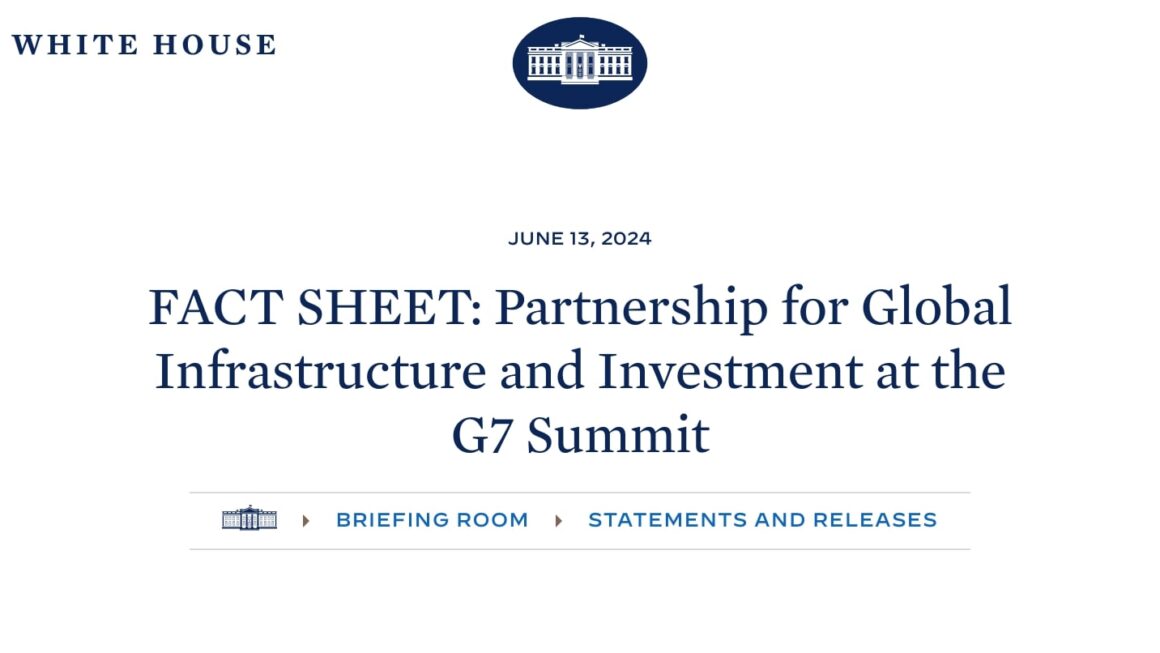Introduction
The BRICS nations (Brazil, Russia, India, China, and South Africa) have been working towards de-dollarisation for several years now. This push away from the US dollar as the global reserve currency has gained momentum recently, with Jakarta becoming the latest city to make a move towards this goal.
What is de-dollarisation?
De-dollarisation is the process of reducing the dominance of the US dollar in international transactions. This includes reducing the use of the US dollar in trade, investment, and as a reserve currency.
Why is de-dollarisation important?
The US dollar has been the dominant global reserve currency since the end of World War II. However, the BRICS nations believe that the US dollar’s dominance has given the US too much power over the global economy. De-dollarisation is seen as a way to reduce this power imbalance.
How is de-dollarisation being achieved?
De-dollarisation is being achieved through a variety of methods. One way is through the use of alternative currencies such as the Chinese yuan, Russian ruble, and Indian rupee in trade and investment. Another way is through the creation of alternative financial institutions such as the BRICS New Development Bank and the Asian Infrastructure Investment Bank.
Jakarta’s push towards de-dollarisation
Jakarta has become the latest city to make a move towards de-dollarisation. The Indonesian government has announced that it will no longer use the US dollar in international transactions for oil and gas trades with China. Instead, the transactions will be conducted in the Chinese yuan and the Indonesian rupiah.
Why is Jakarta making this move?
Jakarta’s move towards de-dollarisation is part of a broader push towards economic independence from the US. The Indonesian government sees the use of the US dollar as a risk to its economy, given the US’s unpredictable foreign policy.
What impact will Jakarta’s move have?
Jakarta’s move is a significant step towards de-dollarisation in the region. It will increase the use of alternative currencies in international transactions, reducing the dominance of the US dollar. This move could also lead to other countries in the region following suit and reducing their dependence on the US dollar.
The future of de-dollarisation
The push towards de-dollarisation is expected to continue in the coming years. The BRICS nations will continue to promote the use of alternative currencies and financial institutions to reduce the dominance of the US dollar. The success of these efforts will depend on the willingness of other countries to participate in these initiatives.
Conclusion
The BRICS nations’ push towards de-dollarisation has gained momentum recently, with Jakarta becoming the latest city to make a move towards this goal. De-dollarisation is seen as a way to reduce the US’s power over the global economy and increase economic independence for other countries. Jakarta’s move towards de-dollarisation is a significant step in this direction and could lead to other countries in the region following suit.
FAQs
-
What is de-dollarisation? De-dollarisation is the process of reducing the dominance of the US dollar in international transactions.
-
Why are the BRICS nations pushing for de-dollarisation? The BRICS nations believe that the US dollar’s dominance has given the US too much power over the global economy. De-dollarisation is seen as a way to reduce this power imbalance.
-
How is de-dollarisation being achieved? De-dollarisation is being achieved through a variety of methods, including the use of alternative currencies and the creation of alternative financial institutions.
-
What impact will Jakarta’s move towards de-dollarisation have? Jakarta’s move towards de-dollarisation is a significant step towards reducing the dominance of the US dollar in the region. It could lead to other countries in the region following suit.
- Will de-dollarisation have an impact on the US economy? De-dollarisation could have an impact on the US economy if more countries reduce their use of the US dollar in international transactions. This could lead to a decrease in demand for US dollars and a decline in its value.














